The National Assembly's Committee on Science , Technology and Environment is seeking comments from affected parties on the draft Law on Digital Technology Industry (CCNNS). The documents are expected to affect businesses operating in the information technology and digital technology sectors.
According to the Standing Committee of the National Assembly, the promulgation of the Law on CNCNS at this time is necessary and appropriate to create a legal corridor for CNCNS development, making CNCNS a major contributor to the country's economy .
At the workshop to provide comments on the draft Law on CNCNS organized by the Hanoi Union of Science and Technology Associations (HUSTA) on March 13 in Hanoi, HUSTA Chairman Le Xuan Rao said that the world is witnessing a new era - the era of digital technology , where artificial intelligence (AI), big data, Internet of Things (IoT), blockchain and many other advanced technologies are completely changing the way of production, business and social operation.
In Vietnam, the Party and State have identified CNCNS as an important pillar to promote sustainable economic growth, enhance competitiveness and ensure national security in cyberspace.
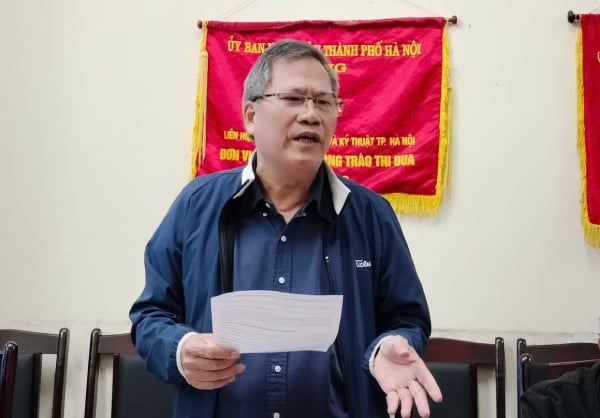
However, for this industry to develop strongly and contribute effectively to the economy, a clear, comprehensive and flexible legal framework is needed to facilitate businesses, protect people's rights and promote innovation.
Dr. Le Hong Ha - Vice President of Vietnam Information Technology Association said that the latest draft of CNCNS Law has a clear structure, covering many important areas of CNCNS industry.
Many provisions in the draft are highly feasible and suitable for the actual situation of digital technology industry development in Vietnam. However, some provisions are still general principles and need more detailed guidance for effective implementation.
Therefore, Mr. Ha proposed adding regulations on the enforcement mechanism, responsibilities of relevant parties as well as measures to ensure enforcement to increase the feasibility of the document.
"Regarding preferential policies, Article 11 stipulates financial resources for CNCNS development, in which it is proposed to allocate 3% of the state budget, but there are no guidelines or minimum principles on allocation, management and monitoring of effective use. Regarding Article 35 on the mechanism for placing specific orders in research and development of strategic digital technology, it is necessary to clearly stipulate the presiding agency and bidding method to avoid difficulties in implementation," Mr. Ha said.
In addition, Mr. Ha proposed to supplement regulations on copyright and intellectual property in the CNCNS industry, consider adding content on the digital technology labor market, supplement regulations on ethics in the development and use of artificial intelligence, supplement regulations on risk management and investor protection in the field of digital assets.
Coming from CNCNS enterprise, Mr. Nguyen Hoang Kien - Deputy General Director of Rang Dong Light Bulb and Vacuum Flask JSC assessed that some mechanisms of the draft law are breakthroughs in science and technology such as controlled testing mechanism, contract mechanism have been updated from Article 42-45 in Chapter V of the draft Law.
According to Mr. Kien, the draft law has devoted Chapter III (from Articles 34-37) to regulating the development of digital technology enterprises.
However, the draft still has 16/56 articles waiting for "detailed regulations by the Government" or "approval by the Prime Minister", and the Ministry of Science and Technology to stipulate and guide. Thus, it will take time for the law to come into effect.
In addition, according to the Deputy General Director of Rang Dong Light Bulb and Vacuum Flask JSC, some provisions of the Law on Information Technology are related to many other laws such as: Law on Information Technology, Law on Data, Law on High Technology, Law on Technical Standards and Regulations, Law on Product and Goods Quality, etc. Therefore, in order for these provisions to be feasible in practice, it is also necessary to review their consistency with other laws.
The workshop also recorded many comments related to artificial intelligence in the direction of approaching development policies and risk management in Vietnam. The comments contributed at the workshop will be compiled by HUSTA and sent to the Hanoi National Assembly Delegation for research, acceptance, and revision to contribute to the completion of the draft, expected to be approved by the National Assembly at the upcoming 9th session.









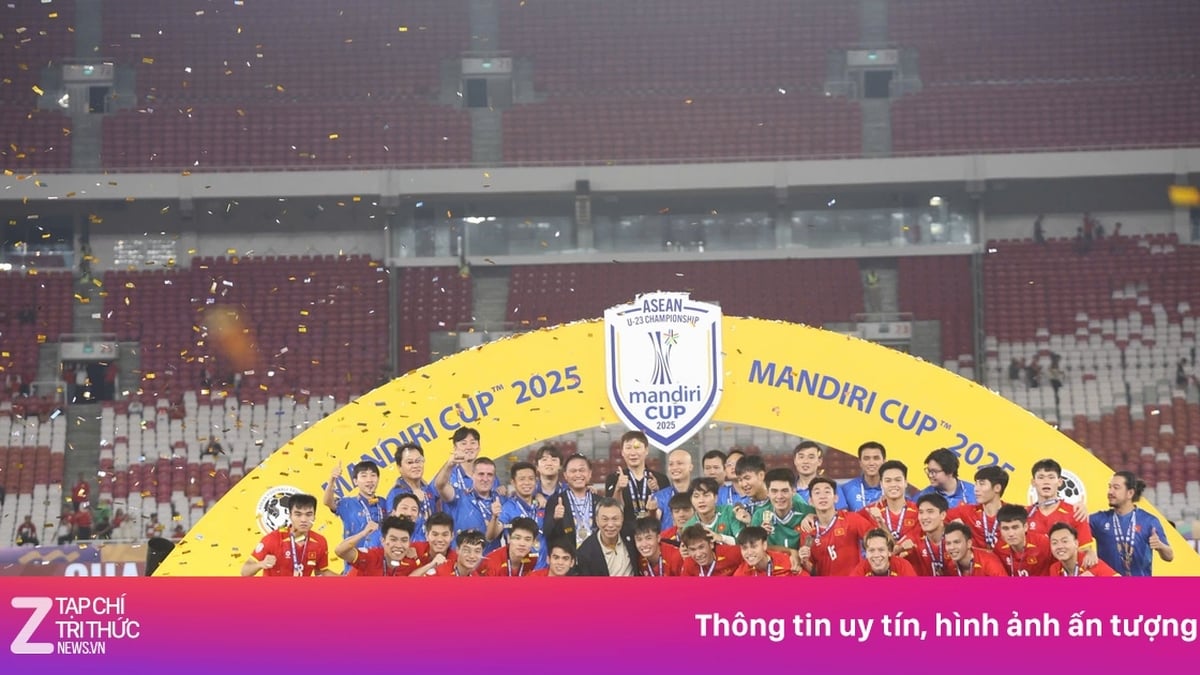



















![[Photo] National Assembly Chairman attends the seminar "Building and operating an international financial center and recommendations for Vietnam"](https://vphoto.vietnam.vn/thumb/1200x675/vietnam/resource/IMAGE/2025/7/28/76393436936e457db31ec84433289f72)
































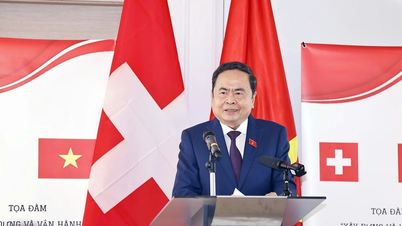






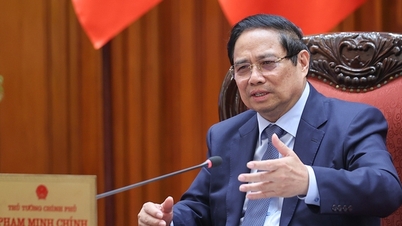
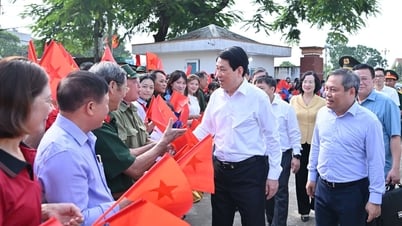

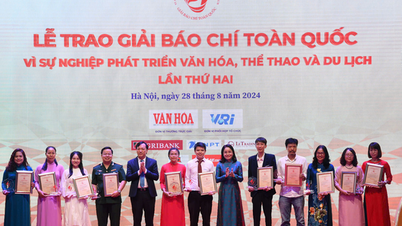























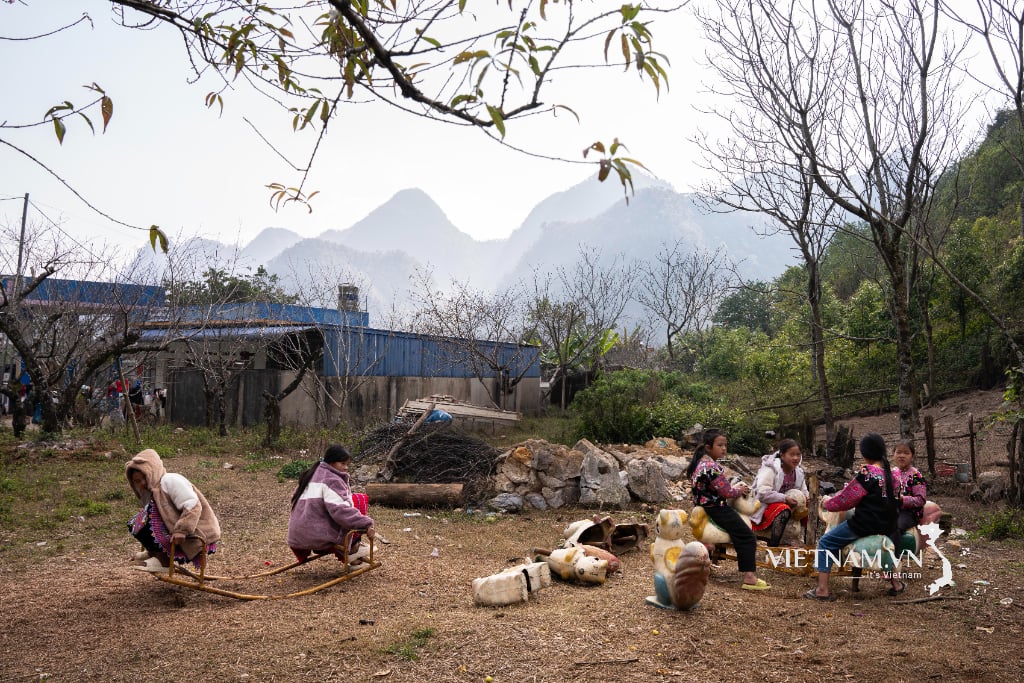



Comment (0)